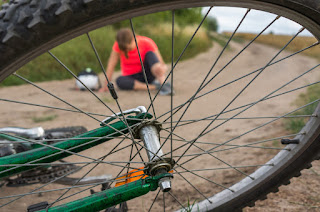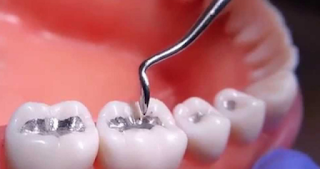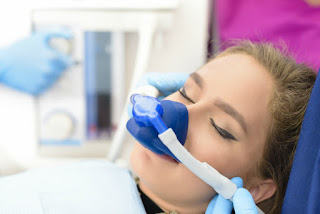What should I do in a dental emergency?
Before you have the chance to see a professional, you should focus on treating your immediate symptoms such as pain, bleeding or swelling and avoid activities that could make the problem worse. Some of the most common Dental emergencies are:
I Have A Toothache
Tooth pain can mean many things, and you may need a check-up with your dentist to identify and treat the underlying cause. If the toothache is bothering you, you can try painkillers and an ice pack or cold compress. You should avoid hard or crunchy food in case you have a cracked tooth, as this can make the damage worse.
There's Something Stuck In My Teeth
If food or another object gets lodged between your teeth, try to remove it gently using dental floss. Avoid using coarser materials, as these could irritate or damage your teeth or gums. Never try to remove items with a knife or other sharp object.
I've Damaged My Tooth
Chipped or cracked teeth need to be seen by your dentist, however small the damage may seem. In the meantime, avoid eating hard and crunchy food and sugary snacks and drinks that could damage the tooth further. If your damaged tooth is sensitive to temperature, you should also avoid overly hot and cold food and drink.
My Tooth Has Come Out
If a tooth falls out or gets knocked out, this is considered a serious dental emergency. If the tooth is still intact, your dentist may be able to reattach it if they can see you within the hour and you keep the tooth in good condition.
Pick the tooth up by the crown (top), not the root, and try to rest it back inside the socket. If it doesn't fit, store it in a container with milk or saliva.
My Mouth Is Bleeding
If your gums bleed when you brush or floss your teeth, this could be a sign of gum disease. You can try switching to a softer brush, but you'll still need to visit your dentist to discuss treatments. If your mouth is bleeding following a dental procedure, and the bleeding has lasted longer than 24 hours, you should make an emergency appointment with your dentist. Try to keep your head elevated and apply pressure to the area to help control the bleeding.
My Face Is Swollen
Sudden swelling in your cheeks or around your mouth may be a sign of an infection, and needs to be diagnosed by your dentist. You can try to reduce the inflammation by applying ice or a cold compress. Keep your head upright as much as possible and avoid lying flat, even when sleeping, and drink plenty of fluids to stay hydrated until your dentist gets a chance to see you.




Comments
Post a Comment